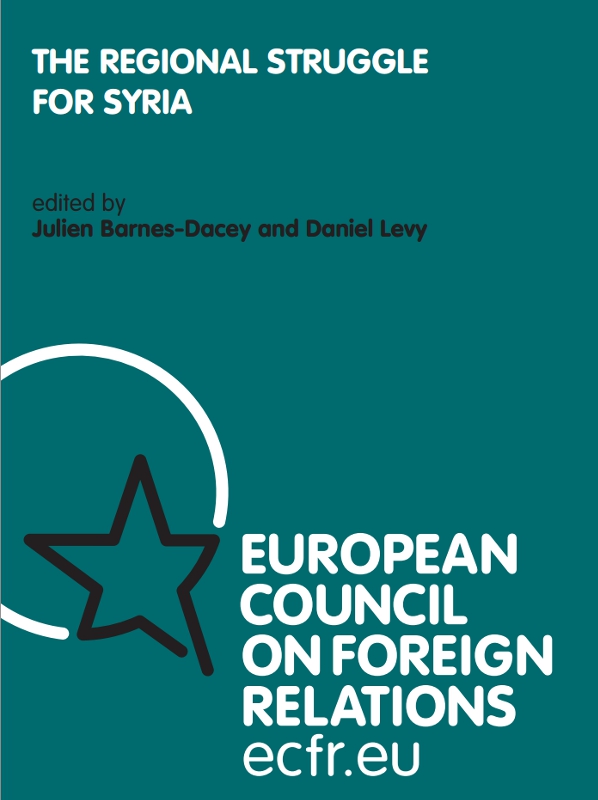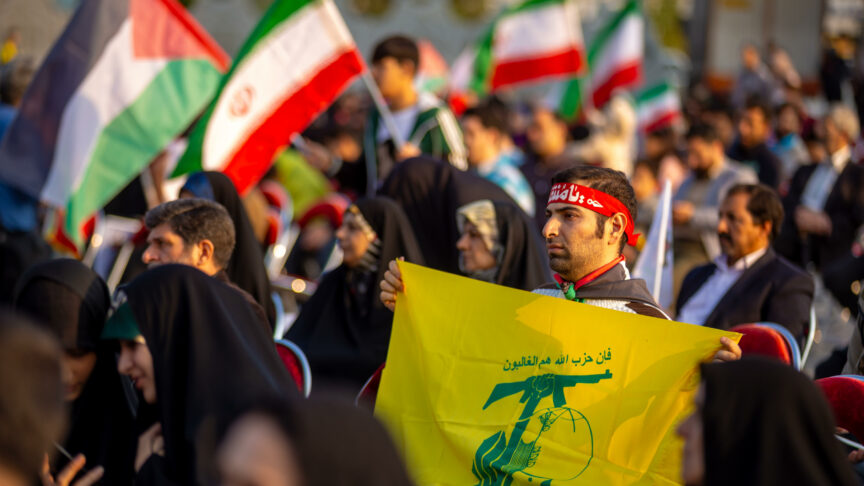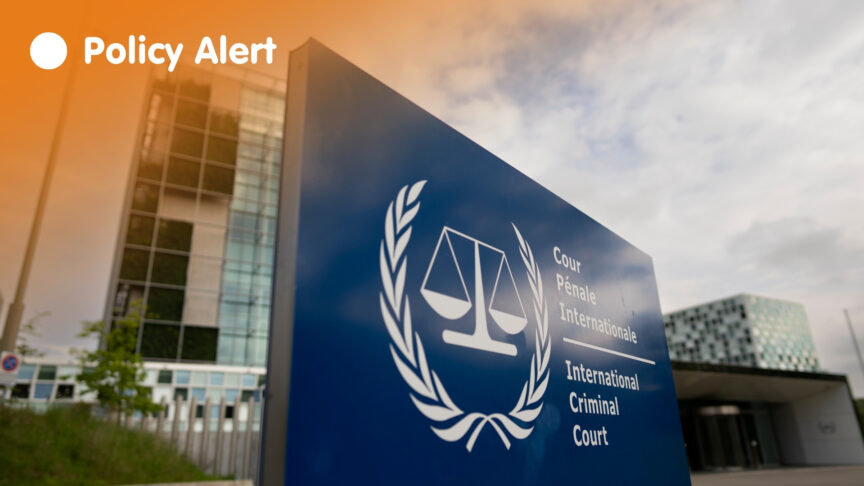The regional struggle for Syria
How regional actors shape the conflict in Syria
Two years after the beginning of an uprising against President Bashar-al-Assad, Syria is gripped by an ever deepening civil war that is having a significant impact on the entire region. Regional states have emerged as driving forces in the conflict, while they are also battling to contain the impact of tensions rapidly spilling out across the wider region.
In a new report – The regional struggle for Syria – ECFR brings together a collection of essays explaining the competing interests and ambitions of the key regional players. The eight pieces look at the Gulf States, Iraq, Iran, Israel, Jordan, the Kurds, Lebanon and Turkey.
In an introductory essay the report’s editors, Julien Barnes-Dacey and Daniel Levy, map out the nature of the unfolding regional conflict, identifying its roots in the struggle for hegemony unleashed by the 2003 Iraq.
Having opened the door to an ascendant Iranian-led and Shia-dominated axis, the Syria war now represents an opportunity for regional Sunni states to reverse this order. Syria has become the battleground for this broader strategic conflict, with devastating, and increasingly sectarian, effect. Other states in the region are complicating the mix with their simultaneous pursuit of more narrow interests, whether they be the strengthening of particular rebel groups, the defence of Israeli security interests or the establishment of an autonomous Kurdish region.
Although the conflict is first and foremost a domestic struggle, it has also become the epicentre of a wider struggle with major implications for the shaping of a region in flux, significantly complicating prospects for a political resolution aimed at stemming the fighting.
“The risk of regional contagion from the Syrian conflict is substantial. Greater efforts must be made to insulate Syria’s neighbours from the instability, rather than draw them into the fighting, if the violence, suffering, and sectarian incitement are not to seep out across the region.” Daniel Levy
“Given the complex picture of competing interests, it is clear that regional players will have to be part of the solution in Syria. Trying to exclude key actors such as Iran from any proposed talks will only doom any political process to failure.” Julien Barnes-Dacey
You can also read the eight essays and the introduction by Julien and Daniel in the Syria section of ECFR’s website. Click here to read “Syria: the imperative of de-escalation” by Julien Barnes-Dacey and Daniel Levy, which argues that the only way to deal with the conflict is to forge a broader political process that draws in all regional parties.
Podcast I: Syria: The drivers of conflict
Podcast II: Syria: The regional impact
The European Council on Foreign Relations does not take collective positions. ECFR publications only represent the views of their individual authors.



